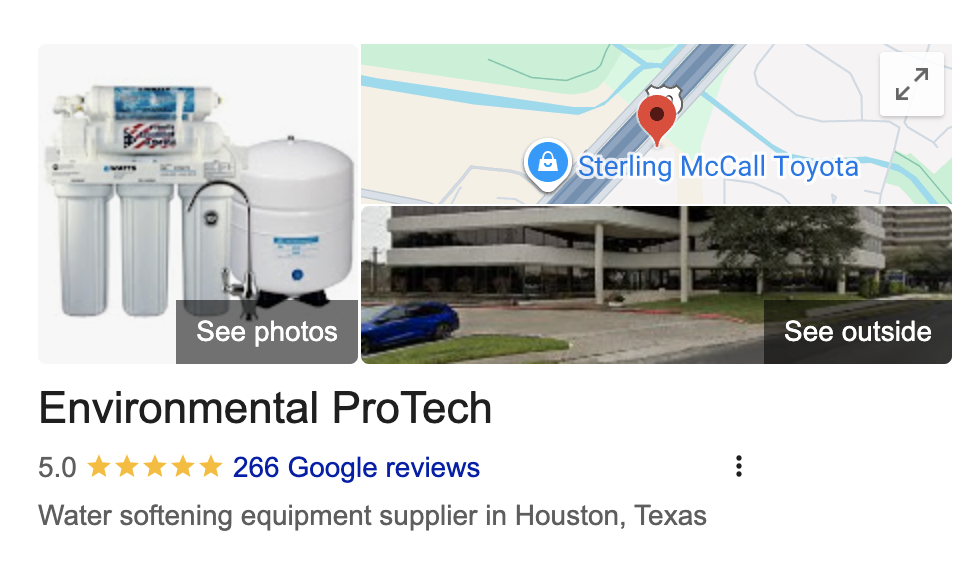What to do about Nitrates in Water
If you live in or around Houston and get your water from a private well, nitrates are something you should know about.
They’re invisible, odorless, and tasteless, but at high levels, nitrates can pose serious health risks, especially for infants and pregnant women. Since wells aren’t monitored by the city, many Houston-area homeowners have no idea their water contains them.
How Nitrates Enter Houston Water
Nitrates are forms of nitrogen. They are utilized in farming and agriculture but problematic in drinking water. They come from:
Fertilizer Runoff: Rain and irrigation wash fertilizers into the groundwater supply.
Septic Systems: Poorly maintained septic tanks can leak nitrates into nearby wells.
Animal Waste: Farms and livestock operations contribute to nitrate buildup in rural areas.
Natural Decomposition: Even organic matter can break down and release nitrates into the soil over time.
Once nitrates enter groundwater, they can travel long distances and still be in water far from farmland.
Why Nitrates Are a Health Concern
The problem with nitrates is how the body processes them. When consumed, nitrates can convert to nitrites, which interfere with oxygen transport in the blood.
Infants are especially vulnerable. High nitrate levels can cause a condition called methemoglobinemia, or “blue baby syndrome,” which affects oxygen levels and can be life-threatening.
For adults, long-term exposure to high nitrates has been linked to:
Increased risk of certain cancers
Thyroid problems
Reproductive and developmental issues
That’s why the EPA limits nitrates in drinking water to 10 milligrams per liter (mg/L)… and truly who even wants that much in there water? Ew.
Also, private wells aren’t regulated so the only way to know if your water is safe is to have it tested.
Why Wells Are Most at Risk
City water is routinely monitored and treated, but private wells are your responsibility. Shallow wells and older systems are particularly susceptible, especially after heavy rains or flooding.
If your home relies on a well, the EPA recommends testing for nitrates at least once a year, immediately after flooding, and after any well repairs.
How to Remove Nitrates from Your Water
Because nitrates are dissolved ions, they can’t be removed by boiling or simple carbon filters.
For most Houston homeowners, a reverse osmosis system installed under the kitchen sink offers the best balance of safety, convenience, and long-term protection. Call 281-495-4420 to get a free quote for your home.
Why Environmental ProTech
At Environmental ProTech, we’ve helped Houston families protect their water for over 30 years. We specialize in identifying invisible contaminants like nitrates and removing them before they can affect your family’s health.
When you call us, we’ll:
Provide an in-home test for common contaminants
Connect you with certified nitrate testing if needed
Design a custom filtration system that guarantees peace of mind
Clean water shouldn’t be a question mark. We’ll make sure yours is safe, clear, and worry-free.
Our reviews speak for themselves! If you want clean water from your faucet, contact us at 281-495-4420 to schedule your water test today.
Continue reading about the chemicals in Houston’s water here: What you need to know about: CHLORAMINES

